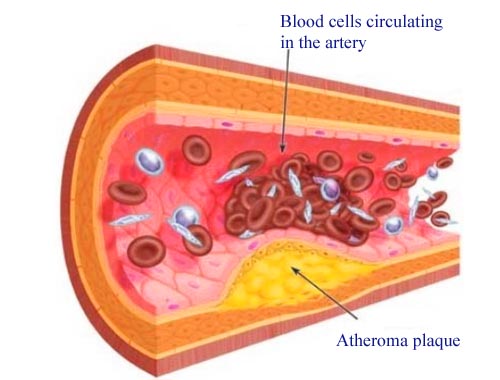Cerebrovascular disease Atherosclerosis (Arteriosclerosis)
Arteries are blood vessels that carry oxygen and nutrients from your heart to the rest of your body. Healthy arteries are flexible and elastic. Over time, however, too much pressure in your arteries can make the walls thick and stiff - sometimes restricting blood flow to your organs and tissues. This process is called arteriosclerosis, or hardening of the arteries. Atherosclerosis is a specific type of arteriosclerosis, but the terms are sometimes used interchangeably. Atherosclerosis refers to the buildup of fats and cholesterol in and on your artery walls (plaques), which can restrict blood flow. These plaques can also burst, triggering a blood clot. Although atherosclerosis is often considered a heart problem, it can affect arteries anywhere in your body. Atherosclerosis is a preventable and treatable condition.
